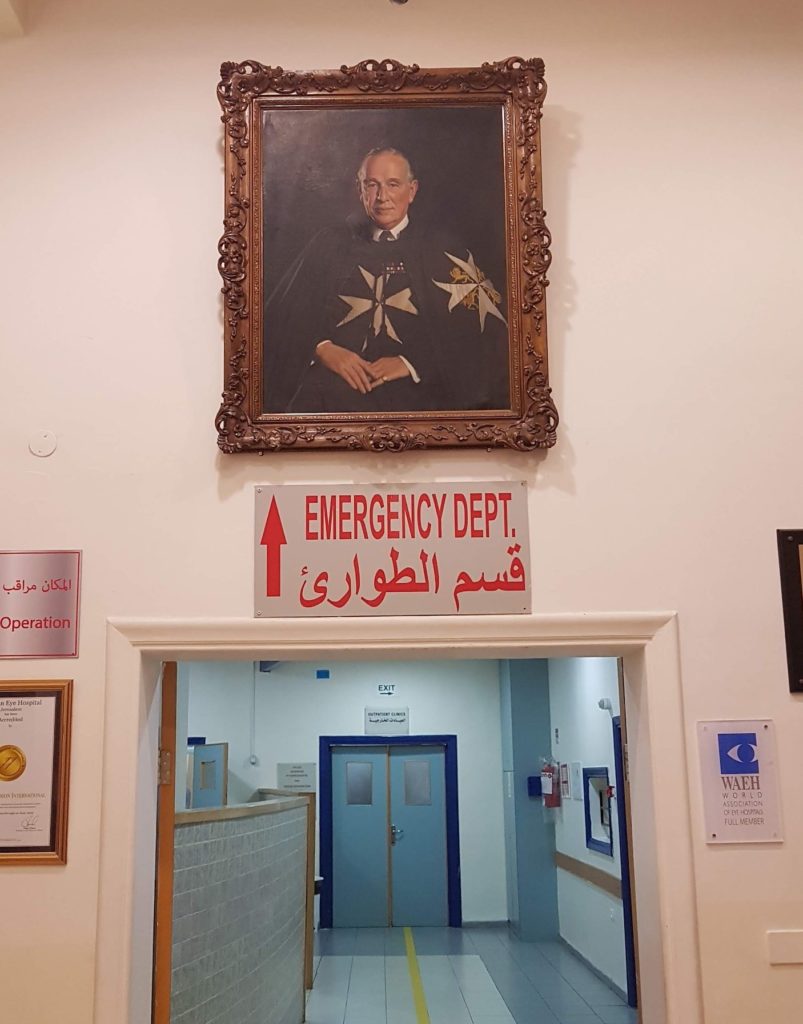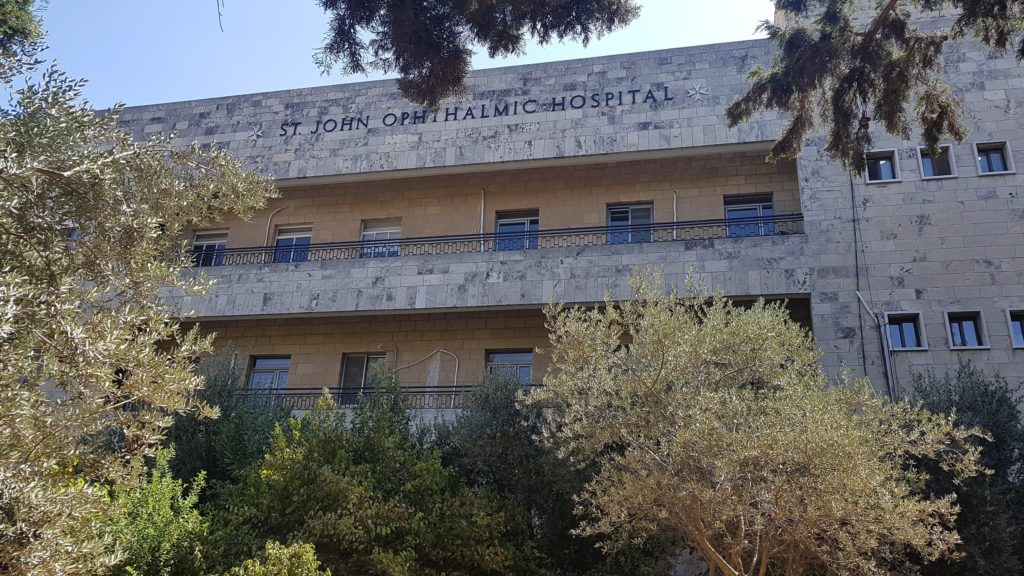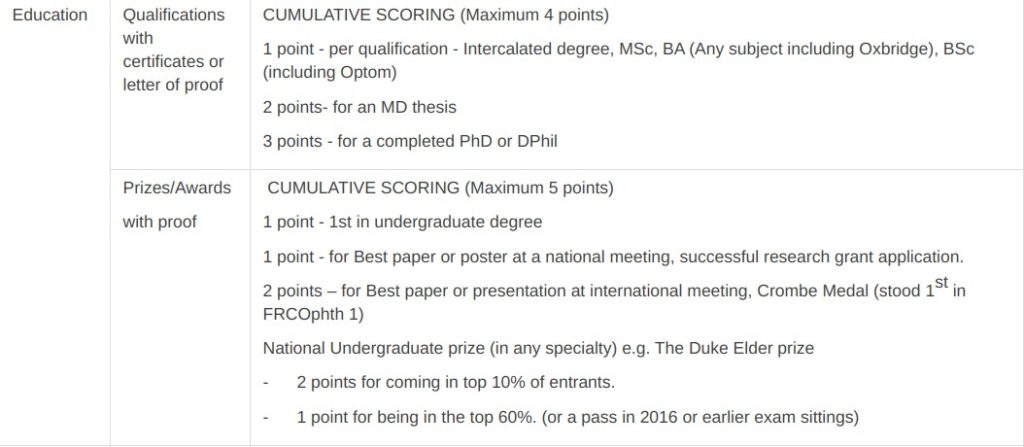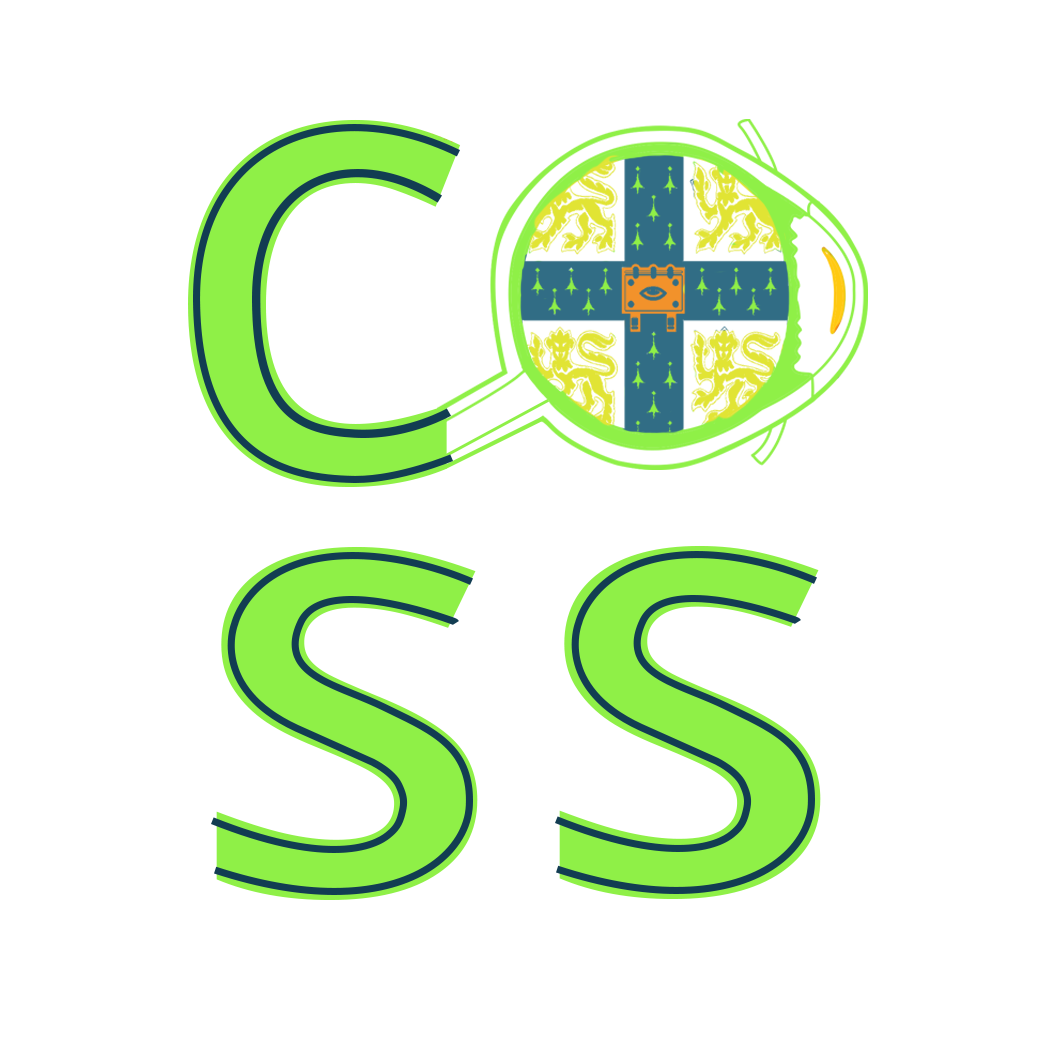Duke Elder Prize Examination in Ophthalmology: Why you should take it and how to prepare
Author: Dr Tom Weatherby
Ophthalmology FY2
Duke Elder Prize Winner 2019
1. What is it?
The Duke Elder is an annual prize examination run by the Royal College of Ophthalmologists for medical students. It is named for Sir Stewart Duke-Elder, a foundational ophthalmologist who authored the famous ‘System of Ophthalmology’. It is a multiple choice single best answer exam that is normally held in March each year.

It is very challenging, testing knowledge well beyond that normally expected in the undergraduate curriculum. Its questions draw from every subspecialty within ophthalmology.
- Cornea and external eye
- Medical retina and vitreo-retinal surgery
- Cataract
- Glaucoma
- Optics and refraction
- Paediatric ophthalmology and strabismus
- Neuro-ophthalmology
- Adnexal and orbital disease
Aside from clinical questions however, there is also considerable focus on basic sciences and global health. Anatomy (particularly neuroanatomy), ocular physiology, pharmacology and pathology are frequently tested in detail. At least one billion people worldwide have some form of visual impairment, so naturally there are many questions relating to causes of world blindness. Visual impairment has many social and economic consequences; there are many questions relating to blindness registration and driving requirements to reflect this.
2. Why should you take it?
The top prize for the winner is either £400 or an expenses paid two week observership at St John’s Eye Hospital in Jerusalem

I would highly recommend taking the trip to St John’s. They are the largest provider of specialist and subspecialist eye services to the people of East Jerusalem, Gaza and the West Bank through their central hospital in Jerusalem, their satellite units in Hebron and elsewhere, and numerous smaller outreach clinics.
It offers an exposure to a staggering variety of pathologies and treatments. You also experience a broad range of settings: ophthalmic emergencies, specialist outpatient clinics, community outreach, and operating theatres. Their staff are all supportive and very friendly – from ophthalmogists to orthoptists, from residents to porters. I learned a great deal and had a wonderful time there. The Duke Elder is also well worth sitting even if you do not win the placement at St John’s. If you wish to apply for Ophthalmic Specialty Training in future you can win 1 point towards your portfolio just by coming in the top 60%. If you manage to come in the top 10% you will score 2 points.

3. What should you do to prepare?
Although it is a tricky test, scoring highly is eminently achievable with some work. You don’t need to already be an eye expert to start! Before I started preparing for the Duke Elder, all I knew about ophthalmology was conjunctivitis and cataracts. In this section I will talk through what I did to study for the exam in chronological order.
A good place to start is with Lecture Notes: Ophthalmology by B James and A Bron. This accessible and easy to read primer provides an excellent overview of ophthalmology. It begins with chapters on ocular anatomy and physiology, followed by clinical examination, then chapters covering the core ocular conditions you should know. Another advantage of this resource is its illustrations. Diagrams are always useful to understand concepts, but ophthalmology is particularly visual so clinical photographs are crucial to gaining a complete understanding of almost any concept. While this text has excellent breadth and would alone give you more knowledge than most of your peers, it lacks the depth and detail required to score very highly in the Duke Elder.
Once you have a general understanding of a topic, it is vital that you see it in practice. Attending emergency eye clinics is a great way to be introduced to many common conditions you will be expected to know. It also helps to familiarise yourself with ophthalmic equipment, which is important as this also is commonly assessed in the exam. Once you have attended some general emergency eye sessions, it is also worth sitting in on more specialist clinics, such as glaucoma and medical retina. As well as this, allied health professionals such as optometrists and orthoptists are vital members of the multidisciplinary eye team. Speaking with an orthoptist will be very helpful in understanding the assessment and management of squint. Sitting in with an optometrist will help improve your knowledge of refractive error and its correction.
By now you will have a good working knowledge and it is time to start focusing on the exam. There are numerous preparation courses from January onwards, often given by former high scoring candidates. I attended a few of these and found them enormously helpful. Most courses have one lecture covering each subspecialty area and these are great for highlighting areas of weakness you hadn’t previously noticed, as well as identifying ‘high-yield’ information. I won’t recommend a specific course as these can change year on year, but I would suggest researching in advance if they will provide additional materials such as handouts and practice questions. I used handouts from a prep course to create flashcards.
In the final weeks before the exam I used an online question bank of Duke Elder questions from the Eyedocs website (https://www.eyedocs.co.uk/) to consolidate my learning. A helpful feature of this website is that it ranks your performance relative to that of others using the resource, which can let you know how you are doing. However it isn’t clear whether other people are using it open- or closed-book which limits the value of that feedback.
The last step is the exam itself. It has 90 single best answer questions. Most are text based, but some use images in their stem. Slightly unusually, there are four options to choose from rather than five. There is also no negative marking. This makes guessing answers that you don’t know a sensible strategy. Do not be alarmed if you find the paper difficult – it is designed that way. If you have prepared diligently you are likely to do well.
Conclusion
To conclude, the Duke Elder Undergraduate Prize Examination is a difficult but rewarding challenge. With the right preparation it is possible for any motivated student doctor to do really well. This can lead to amazing opportunities for further learning at St John’s Eye Hospital, as well as standing you in good stead for specialty applications later on.
